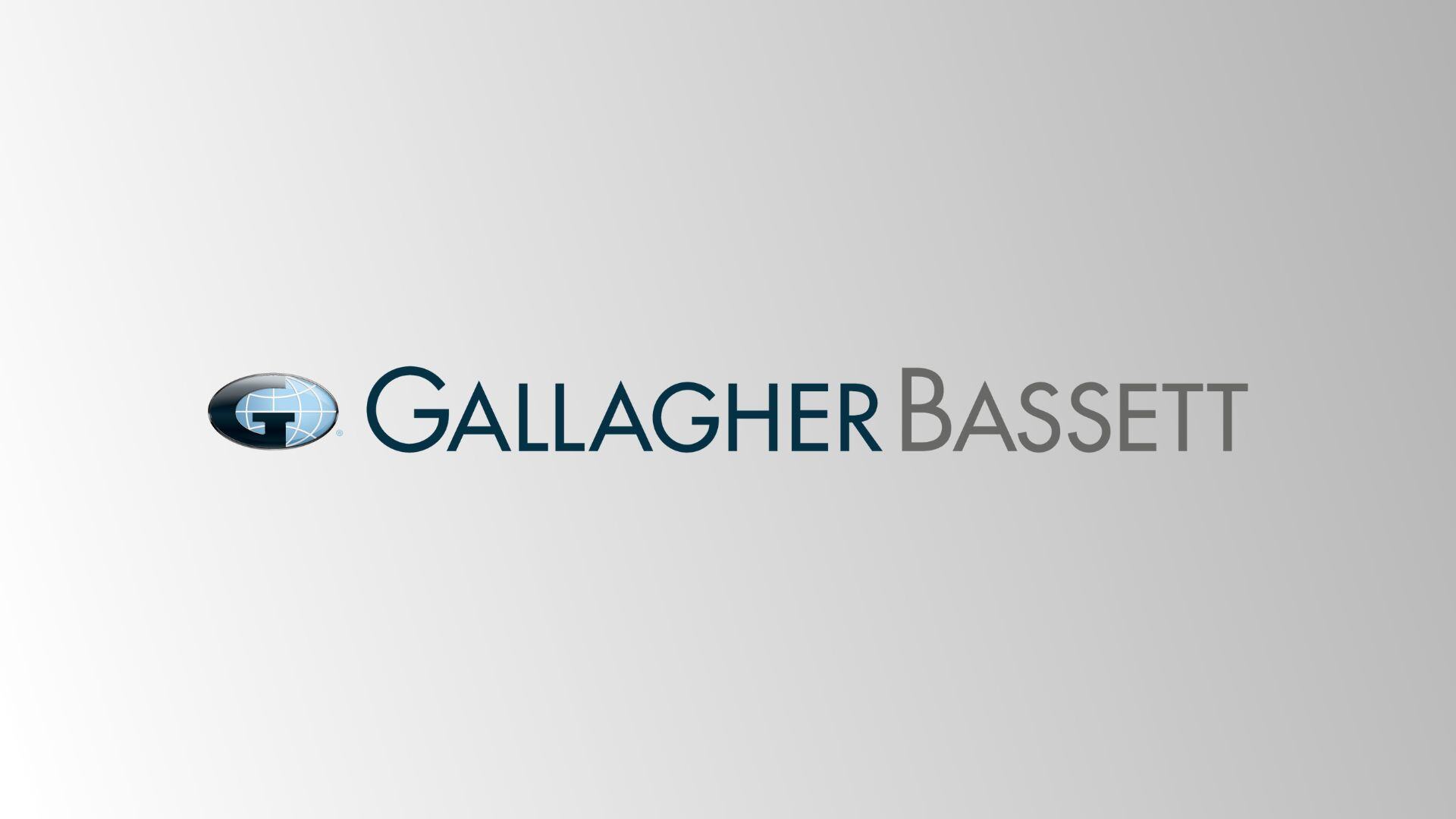How Insurers and Brokers Are Getting More Intelligent with Smart Homes

“Smart home” is a broad term. At its simplest, a smart home is any home equipped with lighting, heating, and electronic devices that are interconnected through network technology.
These connected devices are rapidly proliferating every corner of modern homes, such as lighting, TV and speakers you can control from your phone, thermostats which know when you enter and leave the home and even smart “pet sitters” which can dispense treats and keep an eye on your pet when you’re away.
The market is growing rapidly as well – it’s grown by 33% every year since 2014 and shown no signs of slowing down.
Scott Newland, property claims expert and General Insurance Operations Manager at Gallagher Bassett, believes that the data and technology brought together in modern “smart homes” won’t just impact the way people interact with their homes, but will have far-reaching effects for the insurance industry.
“The rapid increase of smart devices and sensors, and the vast amount of data this produces presents very real opportunities for property and casualty insurers to reduce and mitigate losses, improve underwriting and improve customer service through individualisation”, says Scott.
“For the insurance industry, smart home technology will have two main effects: firstly, with better data, products will now be tailored based on an individual customer’s needs and behaviours, and pitched based on their risks. Secondly, pricing models will change; real-time data will allow property insurers to increase or decrease premiums at set review points.”
In order to take full advantage of the opportunities presented by smart homes, insurers will need to address key challenges, such as data management, privacy concerns and fully integrating this type of technology into their claims management processes, however if they can do so the potential rewards are rich.
With large technology firms like Apple, Amazon and Google, who recently launched their Home personal assistants in the Australian market, there is a huge opportunity for insures and brokers to integrate smart technology into their offerings.
“At the moment property insurers and brokers are facing a double edged sword, where there’s increasing pressure to provide greater differentiation from competitors, while also reducing costs”, says Scott.
“Because smart technology provides an opportunity to better tailor services, while simultaneously managing risk in a way that reduces cost the opportunity for the insurance industry is massive”.
Author

